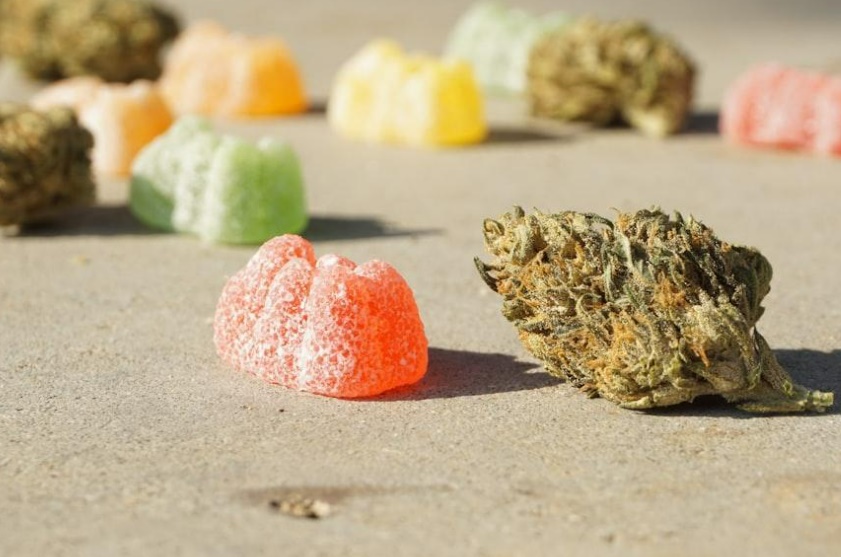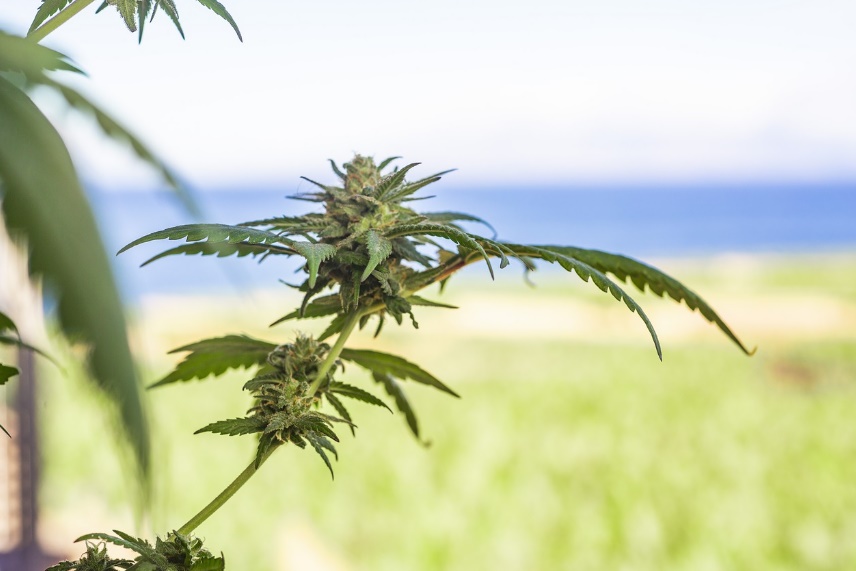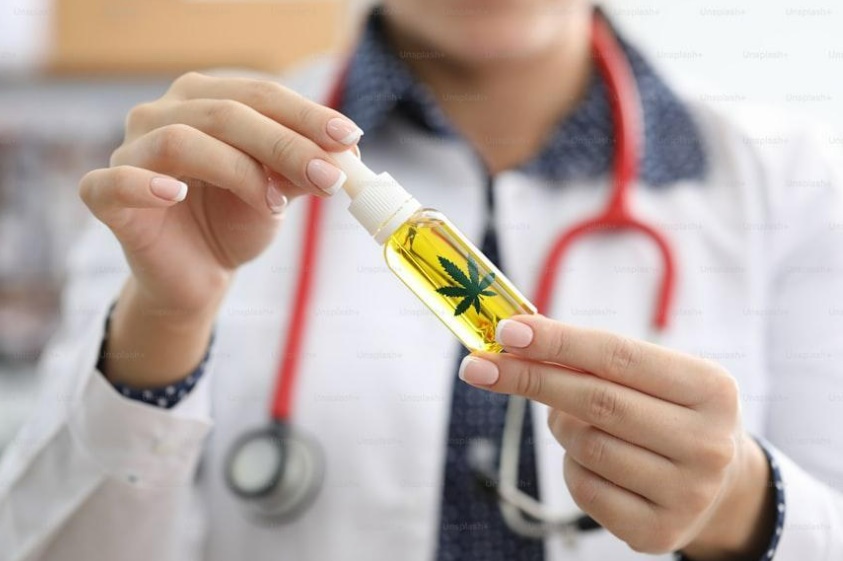In 2016, the Colombian government passed Law 1787, a new legislation establishing the legal framework for the medical and scientific use of cannabis within the country. While the law focused on regulating the cultivation, distribution, and use of cannabis for medical and scientific purposes within Colombia, the law also technically legalized the exportation of cannabis for these purposes. However, the specifics regarding the exportation of cannabis weren’t really expanded on until the implementation of Decree 613 of 2017 and Decree 811 of 2021.
In this article, we will discuss the different regulatory frameworks governing the exportation of cannabis in Colombia and what these laws have to say about the exportation of cannabis in Colombia today.
A Timeline of the Legalization of Cannabis Exportation in Colombia
2016: Introduction of Law 1787
In 2016, Law 1787 was enacted, establishing a legal framework for the cultivation and use of cannabis for medical and scientific purposes within the country. This framework permitted the cultivation and commercialization of cannabis for medical and scientific applications.
While the framework of this law laid the groundwork for the regulation of cannabis for medical and scientific purposes, it did not explicitly address or legalize the exportation of cannabis or its derivatives.
2017: Implementation of Decree 613
In 2017, Colombia implemented Decree 613 which would build on the foundation set by Law 1787 providing a more detailed regulatory framework for the cultivation, production, and commercialization of cannabis for medical and scientific purposes. While Law 1787 laid the groundwork, Decree 613 specifically addressed the practical aspects of implementation, including licensing, safety measures, and compliance with international standards.
Unlike Law 1787, Decree 613 explicitly allowed for the exportation of cannabis. However, this decree only legalized the exportation of non-psychoactive cannabis derivatives for medical and scientific purposes, not the exportation of psychoactive cannabis or even dried cannabis.
So basically, under Decree 613, only non-psychoactive cannabis-based products were legalized for export, and this applied exclusively when the products were intended for medical or research purposes.
2021: Enactment of Decree 811
Following Decree 613, Colombia enacted Decree 811 in 2021 and this new legal framework further expanded on the already existing framework previously set by Decree 613.
While Decree 811 did not replace Decree 613, it did make several important updates to the legal framework governing the cultivation, distribution, and consumption of cannabis in Colombia. This new decree [Decree 811] legalized the exportation of dried cannabis flowers which had formerly been illegal under Decree 613, as well as seeds, grain, plant components, cannabis plants, and their derivatives. However, the exportation of these products remained restricted to only medical or research purposes.
Cannabis Exportation in Colombia Today
Today, the exportation of cannabis remains legal in Colombia under Decree 613 and Decree 811.
According to Colombia’s current regulatory framework, it is legal to export cannabis plants, seeds for planting, plant components, dried cannabis flowers, and derivatives—both psychoactive and non-psychoactive—provided the exports are strictly for medical or scientific purposes.
How to Become an Exporter of Cannabis in Colombia
While exporting cannabis is now mostly legal in Colombia, there are a ton of regulations in place governing the cultivation of cannabis within the country for exportation.
To become a cannabis exporter in Colombia requires that you adhere to a strict regulatory framework. Below is a step-by-step guide to navigating the process:
- Obtain the Necessary Licenses and Permits
To become a cannabis exporter in Colombia, you will require some government-issued licenses and permits. These may include licenses and permits from the Ministry of Justice, National Narcotics Fund, Ministry of Health and Social Protection, National Register of Commercial Cultivars, and some other regulatory bodies.
Some of the licenses required include:
- A cultivation license — Required for growing cannabis plants in Colombia.
- A manufacturing license — Required for processing raw cannabis into derivatives.
- An export license — Required for the exporting of cannabis seeds, plants, and their derivatives.
- An export permit — Required for each shipment of cannabis or cannabis-based products shipped out of the country.
- Ensure Compliance with Regulatory Requirements
After getting the required licenses, manufacturers are expected to comply with various regulatory standards including:
- Product standards — Ensuring the produced cannabis and its derivatives (if any) meet the industry standards on quality, safety, and purity.
- Traceability — Manufacturers must maintain a detailed record of the cultivation, processing, and distribution of each product.
- Security Measures — Manufacturers must implement security measures to prevent the diversion or misuse of their products.
- Meet International Laws
The exportation of cannabis from Colombia must be in line with international treaties and laws governing the international trade of psychoactive substances like the Single Convention on Narcotic Drugs of 1961.
- Collaborate with Authorized Partners Only
Exporters are required to work with only legally licensed entities in the destination country. These partners must be not just licensed businesses within the destination country, but must also be authorized to import cannabis for medical and scientific purposes.
- Stay Updated on Local and Foreign Regulations
Exporters are expected to stay up-to-date on both Colombian cannabis laws and the local cannabis laws of the destination country.
Conclusion
The exportation of cannabis and cannabis-based products is very much legal in Colombia today. Whether you are looking to export dried cannabis flowers, parts of the plants, or manufactured cannabis-based products, all of these have been made legal under the current regulatory framework as long as they are being exported for medical or scientific purposes.
The process to becoming a successful cannabis exporter in Colombia is pretty straightforward on paper: all you need to do is obtain the required licenses. However, success in this industry goes beyond just meeting the legal requirements. It demands meticulous attention to compliance, robust operational infrastructure, and a strategic approach to navigating both domestic and international markets. That being said, the Colombian cannabis industry is a thriving market, and with diligence, compliance with regulations, and a bit of luck, any interested manufacturer can become a successful exporter.




